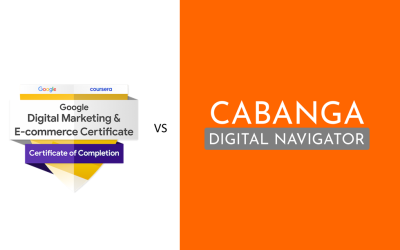Botswana is embracing digital transformation to enhance public service delivery and governance. E-government initiatives are revolutionizing how citizens interact with their government, promoting transparency, efficiency, and accessibility. As technology continues to evolve, Botswana’s commitment to e-governance positions the country as a regional leader in digital public services.
The Rise of E-Government in Botswana
E-government involves using digital technologies to deliver public services and manage government operations. In Botswana, the government has recognized the potential of technology to streamline processes and improve citizen engagement. Initiatives such as the Integrated Government Service Portal (IGSP) allow citizens to access multiple services, from renewing licenses to applying for permits, all from a single digital platform.
This shift towards e-government aims to reduce bureaucratic inefficiencies, making services faster and more accessible. By digitizing records and automating workflows, Botswana is creating a foundation for more accountable and citizen-centric governance.
Key Benefits of E-Government
E-government offers numerous advantages that align with Botswana’s vision for inclusive growth and sustainable development:
- Enhanced Accessibility: Citizens in remote areas can access government services without the need to travel long distances, reducing time and costs.
- Improved Transparency: Digital systems reduce the risk of corruption by creating traceable records of transactions and decisions.
- Efficiency Gains: Automation minimizes manual errors and speeds up processes, ensuring timely service delivery.
- Data-Driven Governance: E-government platforms generate valuable data that policymakers can use to make informed decisions and allocate resources effectively.
Challenges in Implementing E-Government
Despite its potential, implementing e-government in Botswana faces several challenges. Limited internet penetration in rural areas, insufficient digital literacy, and high costs of infrastructure development hinder widespread adoption. Additionally, concerns about data privacy and cybersecurity require robust measures to protect sensitive information.
To address these challenges, Botswana is partnering with international organizations and private sector players to invest in digital infrastructure and capacity building. Initiatives such as expanding 5G connectivity and launching nationwide digital literacy campaigns aim to bridge these gaps.
Innovations Shaping the Future of E-Government
Emerging technologies are set to transform Botswana’s e-government landscape further. Blockchain technology, for example, can enhance data security and streamline record-keeping, while artificial intelligence can improve service delivery by automating routine tasks and providing predictive insights.
Botswana is also exploring the integration of mobile platforms to cater to the high penetration of smartphones. Mobile apps can make services more accessible and user-friendly, empowering citizens to engage with their government on the go.
A Digital Future for Governance
Botswana’s e-government initiatives are not just about digitizing services but also fostering trust and collaboration between the government and its citizens. By addressing challenges and leveraging technological innovations, Botswana is laying the groundwork for a governance model that is inclusive, transparent, and efficient. As these efforts continue, the country stands poised to become a beacon of digital governance in Africa.







